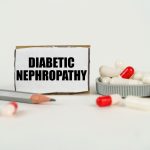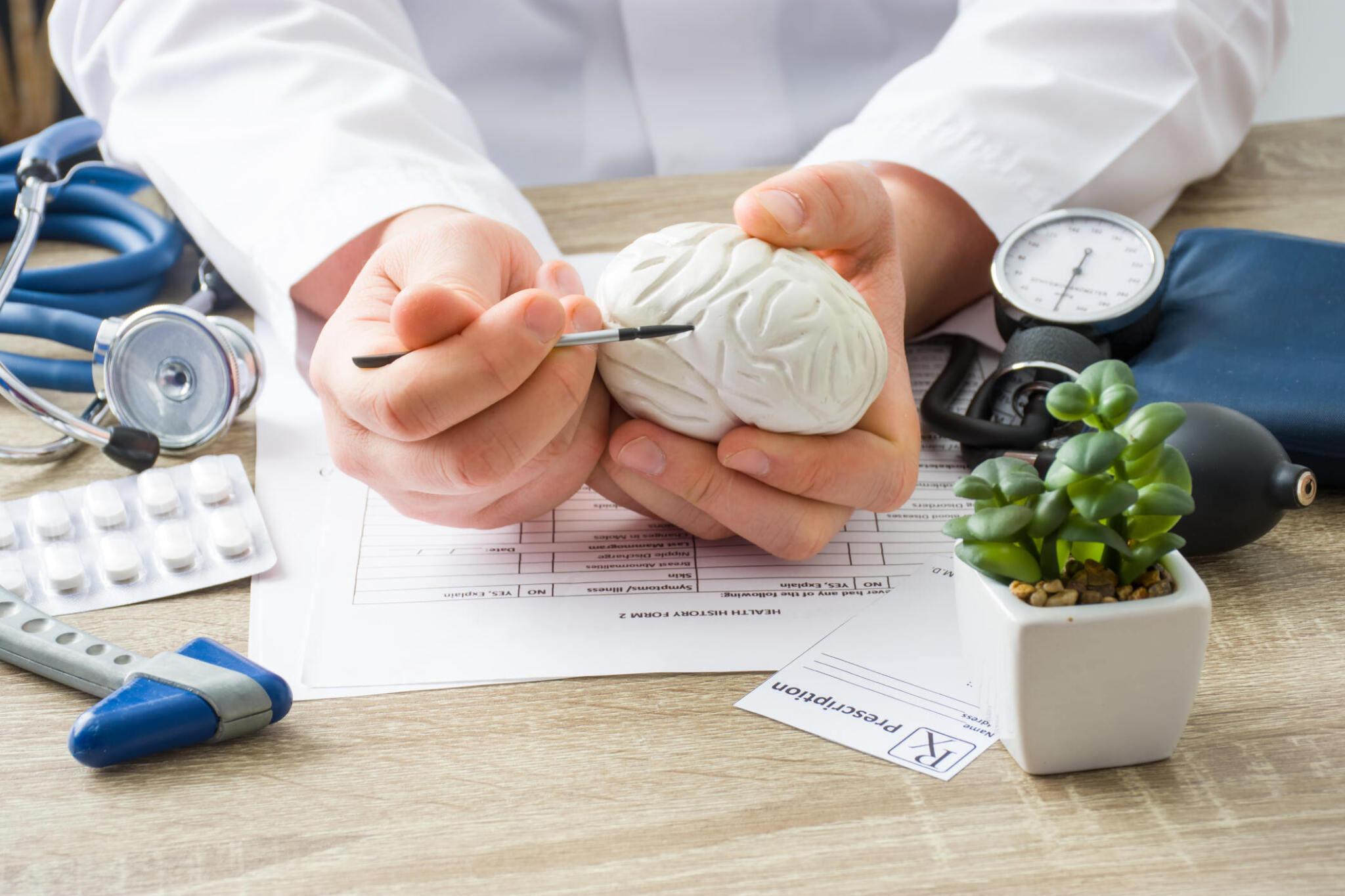- Home
- About Us
- Book Appointment
- Treatments
- Alzheimer’s Disease
- Anti-Aging
- Autism
- Autoimmune Disorders
- Back Pain
- COPD
- Crohns Disease And Ulcerative Colitis
- Erectile dysfunction and Penis enlargement
- Fibromyalgia
- Hip Pain
- Knee Pain
- Lupus
- Lyme Disease
- Multiple Sclerosis
- Muscular dystrophy
- Parkinsons Disease
- Peripheral And Diabetic Neuropathy
- Post Cancer Treatments
- Post Stroke Recovery
- Psoriasis
- Rheumatoid Arthritis
- Shoulder Pain
- Join The Club
- Aesthetics
- Blog
- Contact Us
Nearly 7 million US citizens are living with Alzheimer’s disease. Age is a critical factor for developing Alzheimer’s disease. Also, it is important to note that two-thirds of the American population suffering from Alzheimer’s are women.
More than 55 million people around the world suffer from this condition. 34% of the worldwide population more than 85 years old are susceptible to Alzheimer’s disease. The symptoms of this disease can start appearing from the age of 60.
Almost $360 billion is allocated to treat Alzheimer’s in 2024.
Mesenchymal stem cells (MSCs) derived from human umbilical cord tissues (Wharton’s Jelly) highlight potential regenerative solutions to fight the symptoms and causes of Alzheimer’s disease.
MSCs can improve the cognitive functions of Alzheimer’s patients and reverse the damage caused to the brain tissues.
In this blog, let us check out how stem cell therapy for Alzheimer’s has neurogenesis properties.
What is Alzheimer’s?
Alzheimer’s disease (AD) is a neurological disorder that disrupts the functions of the brain. It is the most common type of dementia resulting in memory loss. It is a progressive disease that can have critical impacts on the elderly.
The disease impairs the part of the brain related to thoughts, memory, and language.
Diagnosis
Alzheimer’s patients cannot explain the symptoms of their condition. Some of the effective ways to detect Alzheimer’s disease include –
- Neurological Exams – Clinical tests are conducted to determine physical responses such as hand-eye coordination, reflexes, body balance, and the sense of hearing and sight.
- Lab Tests – Blood tests help to determine additional complications such as thyroid disorders and insufficient vitamin levels. Also, these tests can analyze the beta-amyloid protein and tau protein levels in the brain.
- Brain Imaging – Magnetic resonance imaging (MRI) and computerized tomography (CT) scans are special X-rays that give complete insights into the brain. These tests successfully detect the abnormalities within the brain.
Causes
There are more than one factors that develop Alzheimer’s. The prevalently known causes of the disease include –
- Age – Physiological changes due to natural aging in the brain can develop Alzheimer’s. Inflammation, blood vessel damage, and shrinking of the brain are some notable age-related causes of the disease.
- Genetics – People who have a family history of Alzheimer’s disease are more likely to develop the condition due to genetic factors.
- Buildup of Proteins – Abnormal accumulation of amyloid and tau proteins surrounding the brain cells forms plaques and tangles the brain cells. This condition causes nerve loss and the connection between the nerves is lost. The lack of chemical messengers in the brain prevents it from transmitting signals to think and behave properly.
- Other Medical Conditions – The patient’s medical background such as high blood pressure, obesity, diabetes, and depression can contribute to cognitive impairments related to Alzheimer’s.
- External Factors – Head injuries, cardiovascular diseases, and Down Syndrome are certain conditions that increase the risk of Alzheimer’s disease in the elderly.
Symptoms
Common symptoms of Alzheimer’s include –
- Loss of memory
- Poor judgment
- Reduced concentration
- Trouble performing regular activities
- Time and location confusion
- Misplacing items and visual impairment
- Mood disorders
- Behavior and personality problems
- Anxiety and aggression
- Language-related problems
- Reduced attention and concentration problems
- Paranoia and hallucinations
- Repetitive statements or activities
- Loss of communication abilities
- Unawareness of experiences
- Increased sleeping
What are the Regenerative Solutions for Alzheimer’s Disease Using Stem Cells?
MSCs have therapeutic effects for Alzheimer’s treatment. These cells promote tissue regeneration and reduce inflammation in the brain.
Additionally, umbilical cord-derived mesenchymal stem cells (CT-MSCs) can reduce the amyloid plaque around the brain cells and free the tangles from the brain cells.
CT-MSCs reverse the effects of microglial inflammation and release anti-inflammatory cytokines. Moreover, stem cells inhibit the growth of proinflammatory cytokines. This prevents oxidative stress in the brain.
Furthermore, the immunomodulatory properties of MSCs regulate neuronal protection.
Mesenchymal stem cells can differentiate between different types of neurons necessary to rebuild lost nerve cells in the brain that aggravate the symptoms of Alzheimer’s.
Studies using MSCs to treat Alzheimer’s highlighted improved cognitive abilities and the reduction of beta plaque buildup surrounding the brain cells.
Treatment using stem cells for Alzheimer’s patients includes removing toxic deposits, repairing neurons, preventing nerve death, and improving neural plasticity.
Most importantly, this type of treatment provides the unique brain cells and neurons needed to reverse the effects of AD.
Stem cell therapy with human umbilical cord tissue-derived MSCs is given to patients in an intravenous (IV) method to ensure the stem cells can cross the blood-brain barrier.
The success rate of stem cell therapy for Alzheimer’s disease is higher for patients who are diagnosed at the early stages of the disorder.
Read Also: Stem Cell Therapy for Autoimmune Diseases
What are the Benefits of Stem Cells for Treating Alzheimer’s Disease?
Stem cells improve the blood flow to the brain and repair damaged tissues and neurons. This can significantly relieve patients from the symptoms of Alzheimer’s and improve the quality of their lives. The beneficial impacts of MSCs include –
- Promotes natural healing of parts of the brain related to thinking, memory, and language
- Regenerates and repairs neurons
- Removes amyloid plaques around the brain cells
- Fixes the brain cell tangles caused due to tau
- Enhances the neurogenesis process with active neuron differentiation
- Restores healthy stem cells to reduce memory loss
- Increase neuroprotective cytokine regulation and decrease proinflammatory cytokines
- Releases trophic factors to improve the response of host neurons
- Hypo-immunogenic MSCs prevent rejection of stem cells injected for treatment
- Improves cell-to-cell communication required for better cognition
- Long-lasting relief from the symptoms
- Scientifically approved and painless treatment method with minimally invasive non-surgical approaches
The results of stem cell treatment for Alzheimer’s vary depending on the age and the frailty of the patient’s condition.
Stem Cell Therapy Costs for Alzheimer’s Disease
Alzheimer’s patients are often unable to remember their condition. They deserve the best treatment to fight the disease. The Life Altering Stem Cell Therapy Institute provides cost-effective Alzheimer’s disease stem cell therapy. We understand that our patients come from all corners of the world and our objective is to ensure the treatment is safe, reliable, and effective.
However, it is important to note that the cost of stem cell therapy for Alzheimer’s disease varies from one individual to another depending on a range of factors. Factors that determine stem cell therapy costs are –
- Health condition evaluation – severity and stage of Alzheimer’s disease
- Age and weight of the patient
- The volume of stem cells required per dose
- Other medical conditions
- On-going medication (if any)
Read Also: Stem Cell Therapy In Houston, Texas
Bottomline
Stem cell therapy for Alzheimer’s disease treatment in Mexico is a revolutionary breakthrough for the elderly.
People who are suffering from this condition can get a holistic, non-surgical, and regenerative treatment with the help of mesenchymal stem cells.
The Life Altering Stem Cell Therapy Institute is a go-to clinic with state-of-the-art infrastructure and the leading stem cell experts in the country. Our American-owned facility provides healthcare solutions for a wide range of autoimmune, neurological, cardiovascular, and gastrointestinal diseases.
Talk to us and unlock self-healing powers to fight diseases and improve living conditions.





